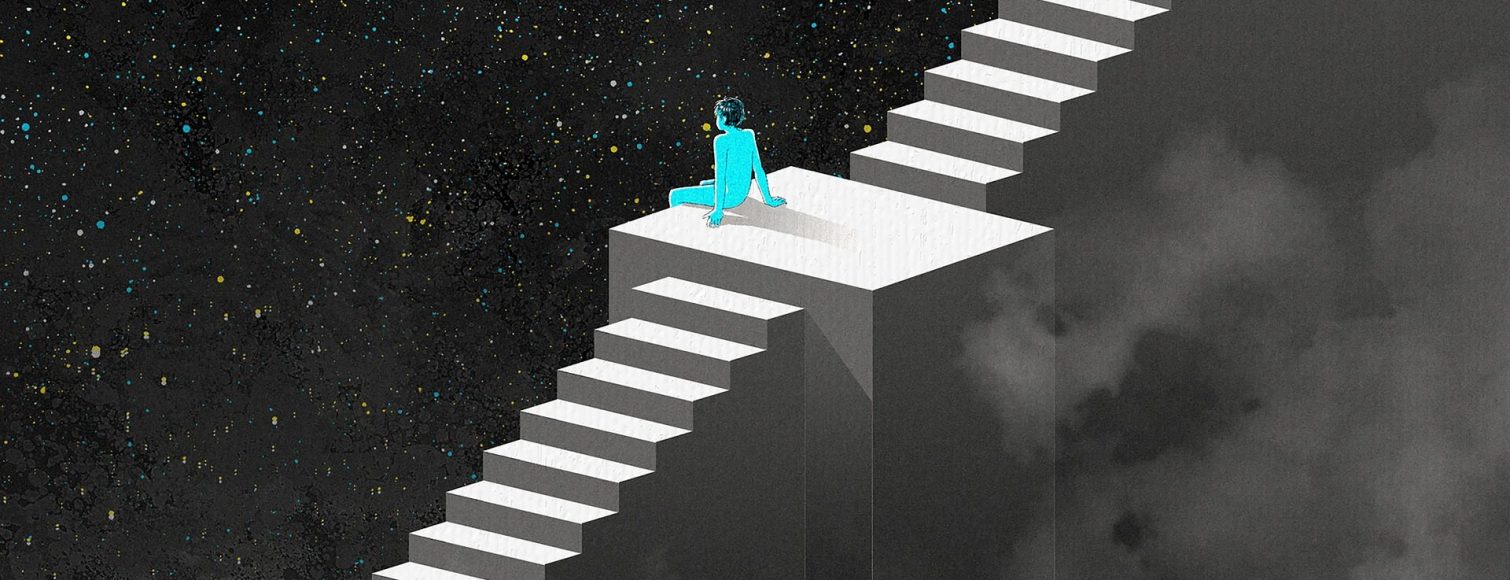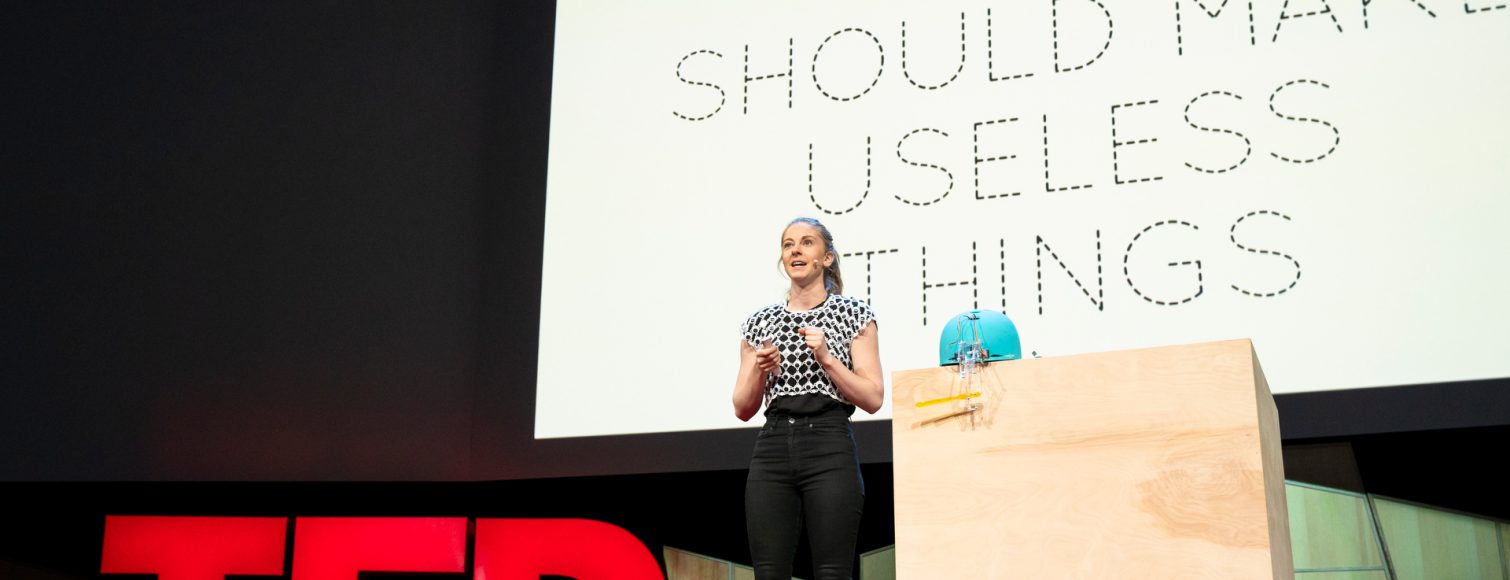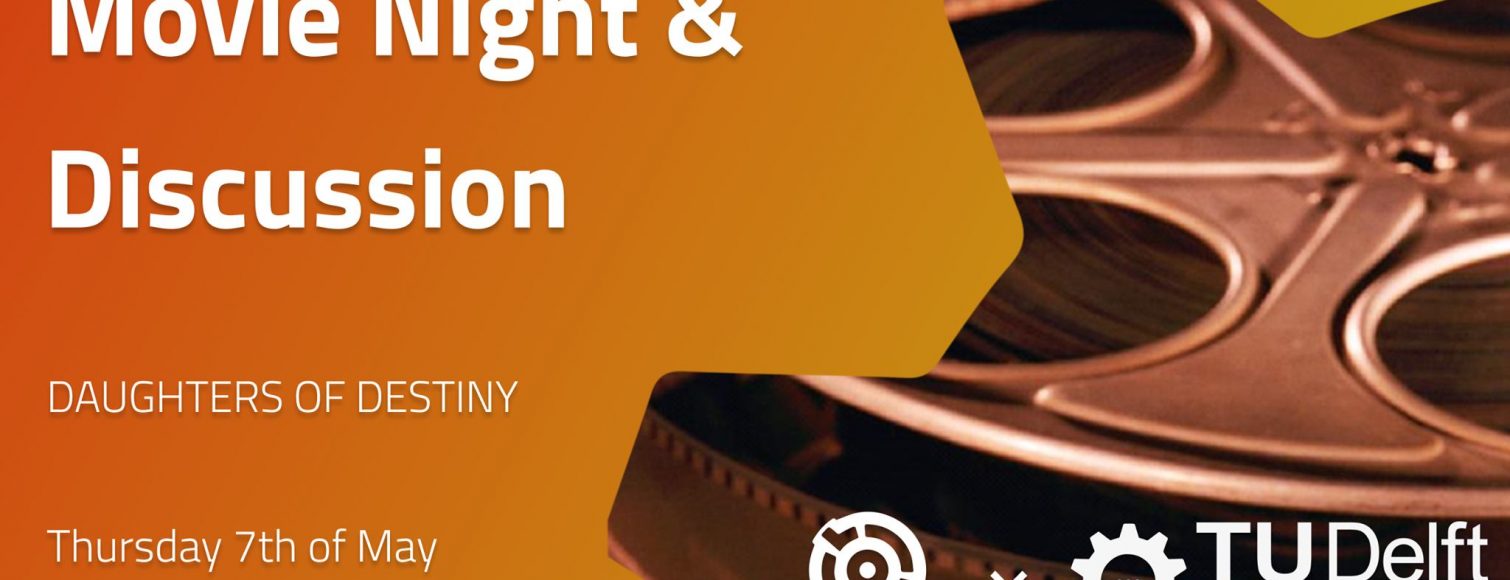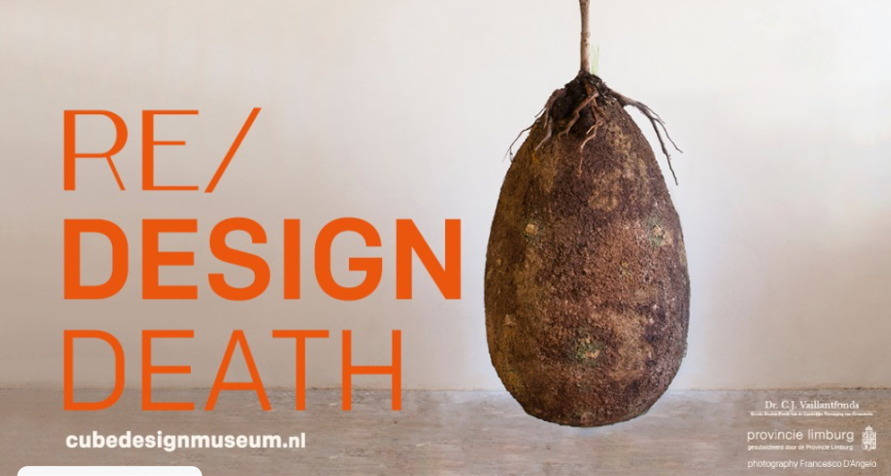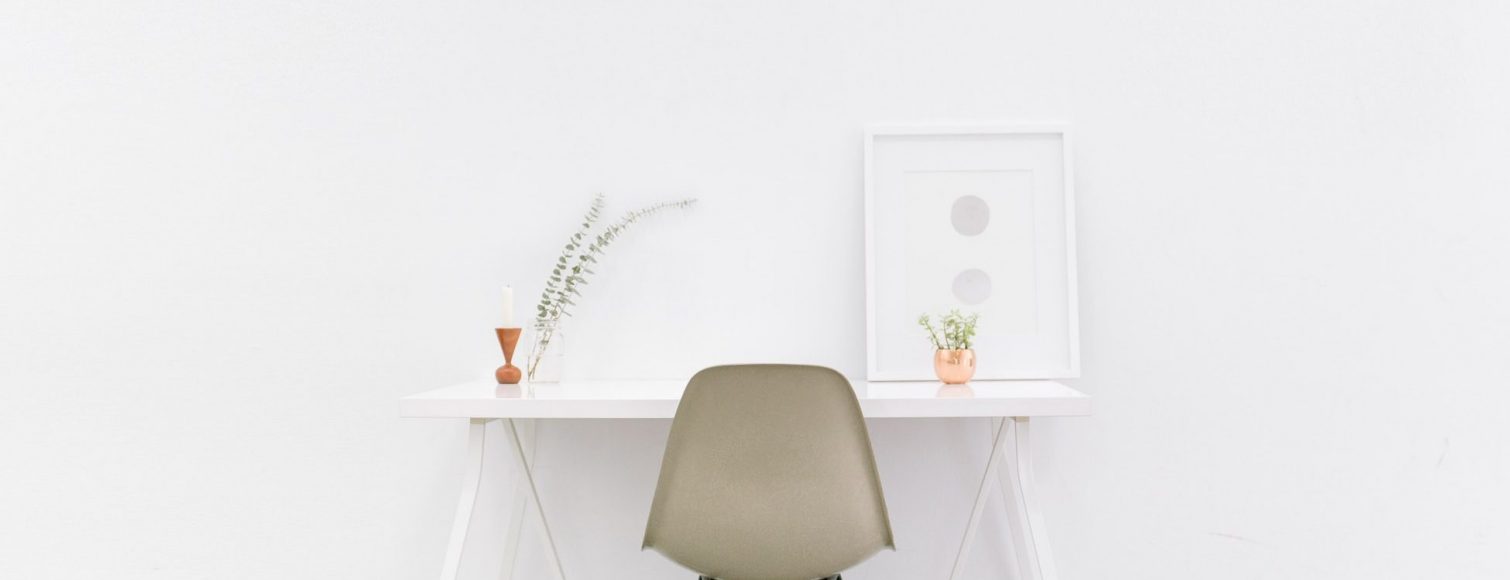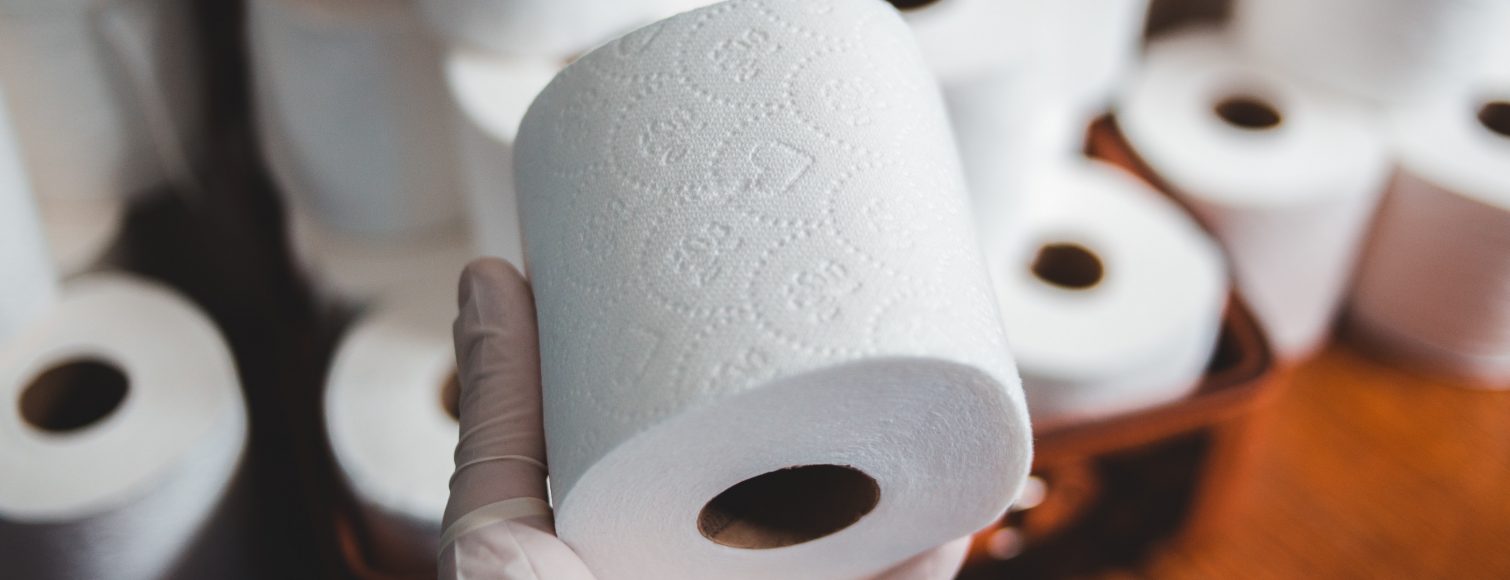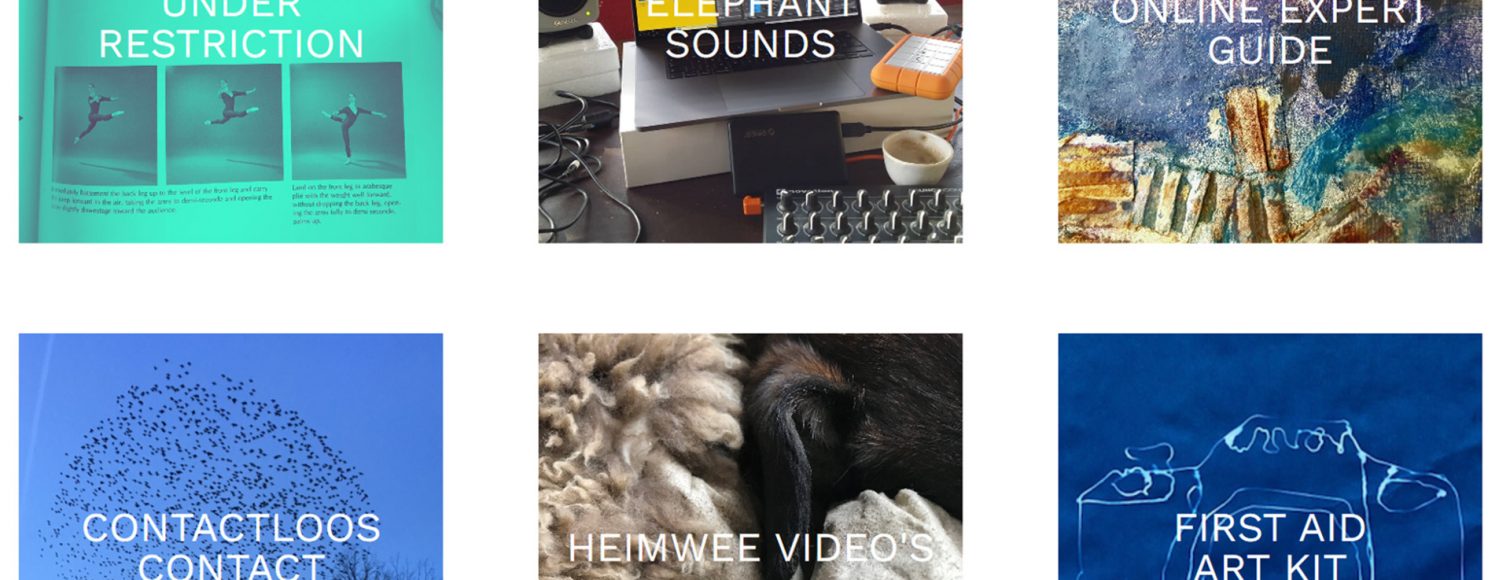Tuesday’s post: We’re Stuck in a Science Fiction Novel
|
Tuesday 12 May | We’re Stuck in a Science Fiction Novel
Sci-fi author Kim Stanley Robinson suggests we’re all stuck in a science-fiction novel.
The drastic changes to society, the draconian measures taken by some governments, the sense of being in a historic period, and the speed in which it has all happened seem more typical for fiction than for reality. Even as Wuhan was paralyzed in January and February, most of us didn’t imagine what the corona virus would do to us at home. But now, says Robinson, “The virus is rewriting our imaginations.”
Characters in science fiction often deal with massive changes to their reality. Aliens, terminators, time machines, etc. Reading about how they deal with those changes can, according to Robinson, make us better equipped to deal with our own uncertain future. It shows us how to rethink reality, how to turn on a dime when the situation demands it.
If you look at it this way, the corona pandemic (our current “sci-fi” reality) could be a major lesson in dealing with global crises. A warm-up for the next sci-fi script that we’ll find ourselves in. What do you think? Has our experience of reality shifted? Will we be better equipped to imagine a world after the climate crisis? And finally, what do you do when you find out you’re a character in a novel?
Studium Generale created a Corona Care Package to make #StayingIn as pleasant as possible. In the following weeks we will share videos, blogs, articles and podcasts within four focus areas: Mental Health, The World After Corona, Arts & Culture and other online events.

